
Francis Sultana in his apartment in Albany
World renowned interior designer Francis Sultana has been taking the world by a storm through his residential, hospitality and commercial projects. Here, he speaks to Samantha Welsh about how he went from designing his mother’s home in Malta to leading the design team at the Hotel Palma in Capri
LUX: What was your route into the design industry?
Francis Sultana: I come from a very small island off Malta called Gozo. Growing up in the 80s meant there was little access to the world of design and so I had to read magazines like House & Garden, and World of Interiors. I was lucky my mother was hugely supportive and so she let me start decorating her house, which in fact appeared on the front cover of World of Interiors – so I must have been doing something right!
Follow LUX on Instagram: luxthemagazine
When I was 19 I moved to London. I had read about David Gill and how he was establishing a gallery offering collectible contemporary design and art which was functional as well as beautiful. Many artists from the turn of the century had created collectible furniture as part of their work, but David really began to champion artists such as Jean-Michel Frank, Garouste and Bonetti and Donald Judd and so I began to learn from him. I also spent a lot of my time at the Victoria & Albert museum where I taught myself all about the history of design and furniture. It is why the V&A is still so dear to me now and why I sit on the museum’s Advisory Council, and why supporting museums like the Design Museum, the Serpentine Galleries and now MICAS in Malta is so very important to me.
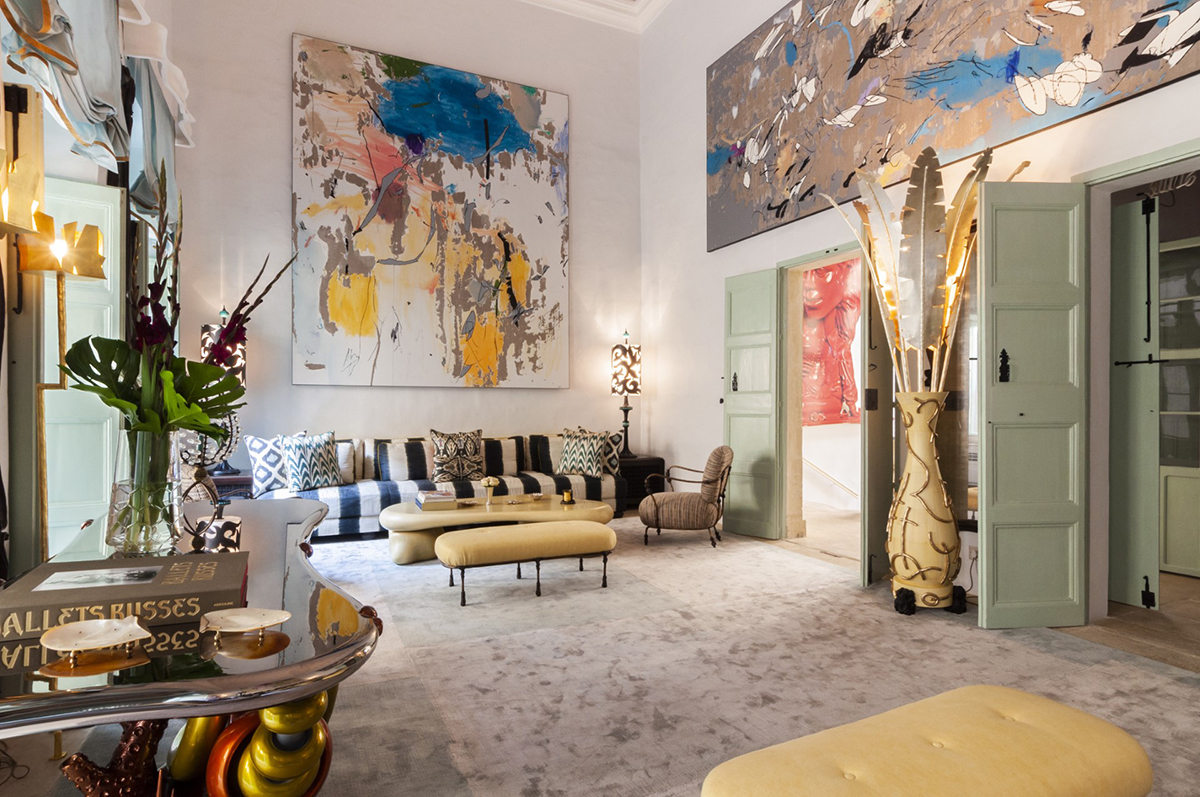
In Francis Sultana’s palazzo in Valletta
LUX: Where have you most enjoyed living?
FS: I love London and I really owe my success to this city. However, my heart is still Maltese and several years ago I bought a palazzo in Valletta (the capital of Malta) and have lovingly restored it back to magnificence. I love interiors and I love travelling, so tying myself down to one place or location is very hard to do! I recently became custodian of King Henry’s Hunting Lodge, a National Trust property in rural England, that was once home to two legendary interior designers, John Fowler and then later, Nicky Haslam. I cannot wait to spend time relaxing, drawing, designing away from the hubbub of London.
LUX: What is your typical working day?
FS: I get up around 5:45am everyday and check my US and also my Middle Eastern/Asian emails and then go and do my work out – as one passes a certain age this becomes a necessary daily chore sadly, but I have a fabulous trainer Jack Hanrahan who keeps me on my toes. I get to the office and have a black coffee and Eloise, my EA, goes through my diary for the day, before my daily meeting with my teams. I then go downstairs to David Gill Gallery, of which I am also CEO, and check in with the team there as we will be planning new exhibitions. I usually have lunch meeting with artists or clients and am then often dealing with the architects and designers who are working on our projects that are based all over the world – so when one time zone ends, another wakes up, so it’s pretty relentless. However, luckily I do a job that I adore and get to work with amazing clients and artists who make all the hard work so worthwhile.

Part of the Chatterley Collection by Francis Sultana
LUX: You offer innovative solutions for large scale art installations, yet are renowned for the focus you bring to bespoke design and aesthetics. How do you take a brief and adopt your clients’ requirements?
FS: I am an editor, I am very lucky that my clients usually have a very advanced sense of aesthetics and often have collected their own works over many years. I also know many of my clients quite well, so I understand what they need to accommodate in their homes – from their family life, to socialising and entertaining, to their comfort and wellness. My clients all have very big personalities and so I design around them, to complement them and their lives. I bring an understanding of how to work with contemporary art and design for sure but I also love introducing clients to artisans and traditional skills and materials that really make their homes something very unique and elegant and not like anything they will see elsewhere. The word bespoke is rather overused these days but for me, each house or hotel is a special journey and I never create a one size fits all approach, I create homes and spaces that defy time, that will remain relevant. I do not do fleeting trends.
LUX: How can design also contribute to conserving heritage?
FS: One shouldn’t be scared of period houses but one should also honour the history of a house. I have worked on quite a few historic houses – my first commission was for a piece of furniture for Spencer House in London. My own apartment in Albany which was built by Sir William Chambers required meticulous attention to detail to get the correct colours and plaster work, recreating rooms, whilst not suspending them in aspic. It is important to make a property your home, to suit your needs but the history of it should always be sitting beside you. My work on Poston Court, an estate in Herefordshire (and another Chambers construction) was similar. We respected the past and paid huge attention to the details of the building but we also made sure it was a house fit for purpose for the 21st century. The Hunting Lodge is no different. We are taking huge pains to respect the house’s unique history with the work of both John Fowler and Nicky Haslam, but I am also making it a lasting home for me.
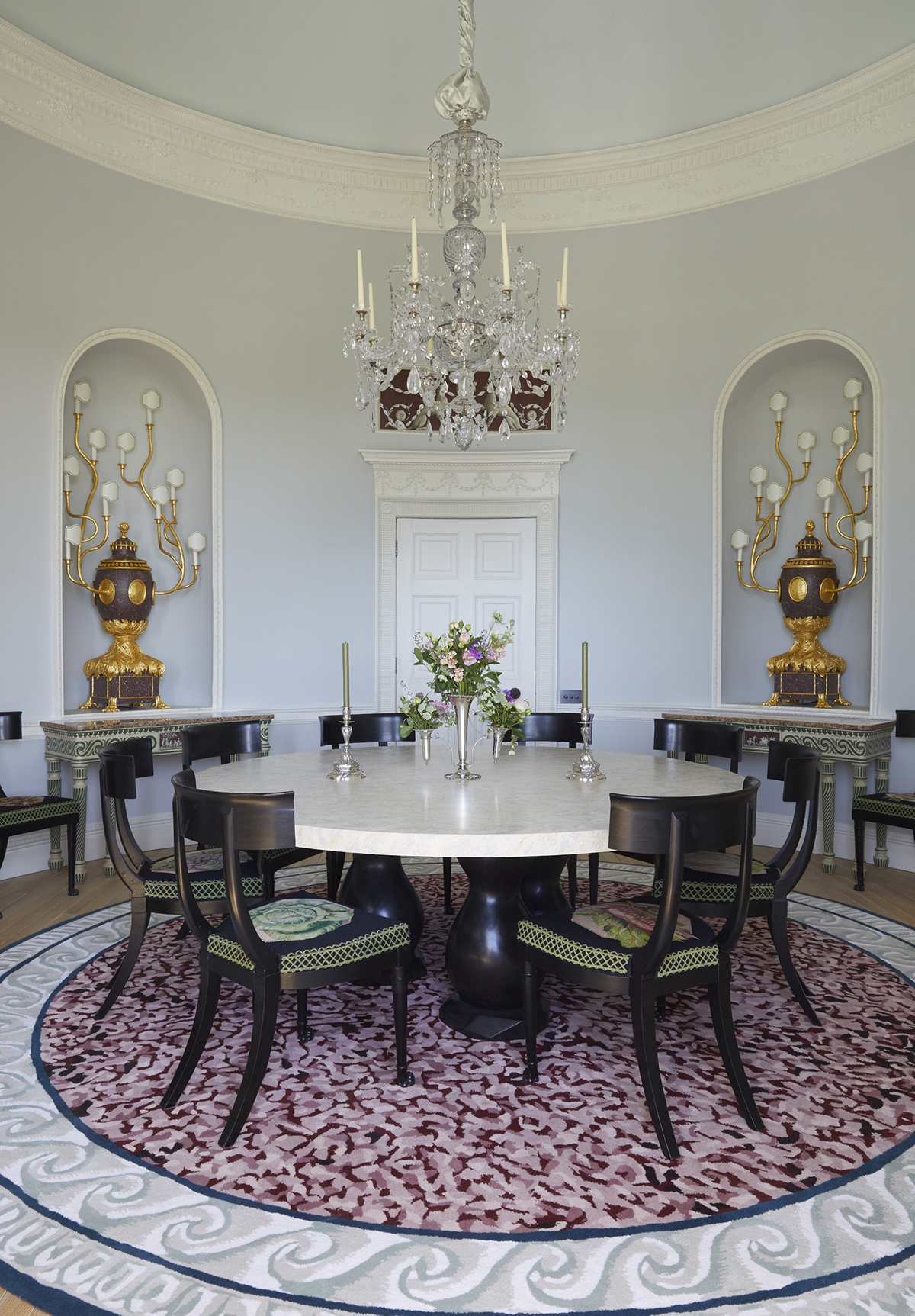
At Poston Court
LUX: In the Summer of 2023 you launched your first hotel project, for the Oetker, at ‘La Palma’, Capri; what was the appeal for you about this mandate, and how did your concept exceed expectations?
FS: I travel a lot. So I suppose I am my own perfect client – I know what works in hotels and what doesn’t – I also think a hotel must always reflect its location – what I would design for Capri would never be the same for London or Rome or Paris. Capri is about escape, about calm and peace and about going back to nature and this is what I did at La Palma. I created a beautiful home away from home, I looked at the hotel’s iconic history but also made it work for a new luxury traveller. The reviews have been amazing and I am thrilled that this project exceeded all expectations and will introduce the hotel to a new audience without alienating those who already love staying there.
LUX: Your passion for Italy is evident, where especially do you draw inspiration?
FS: Capri for me is inspirational which is why I created an entire collection of furniture and lighting entitled Capri – based on a white colour palette (with a touch of Verdigris) with materials like white plaster, white bronze and marble. It’s a big move for me to do an all white collection but people seem to love it. Earlier this year I collaborated with Italian brand Bonacina – who I have worked with for years. It is a large indoor/outdoor collection that we launched in Milan and really is all about summer living and La Dolce Vita which the Italians do so well. I also did a plate design for Ginori 1735 for David Gill Gallery which is rather pretty. I just love Italy and Italy seems to love me back, which is nice!
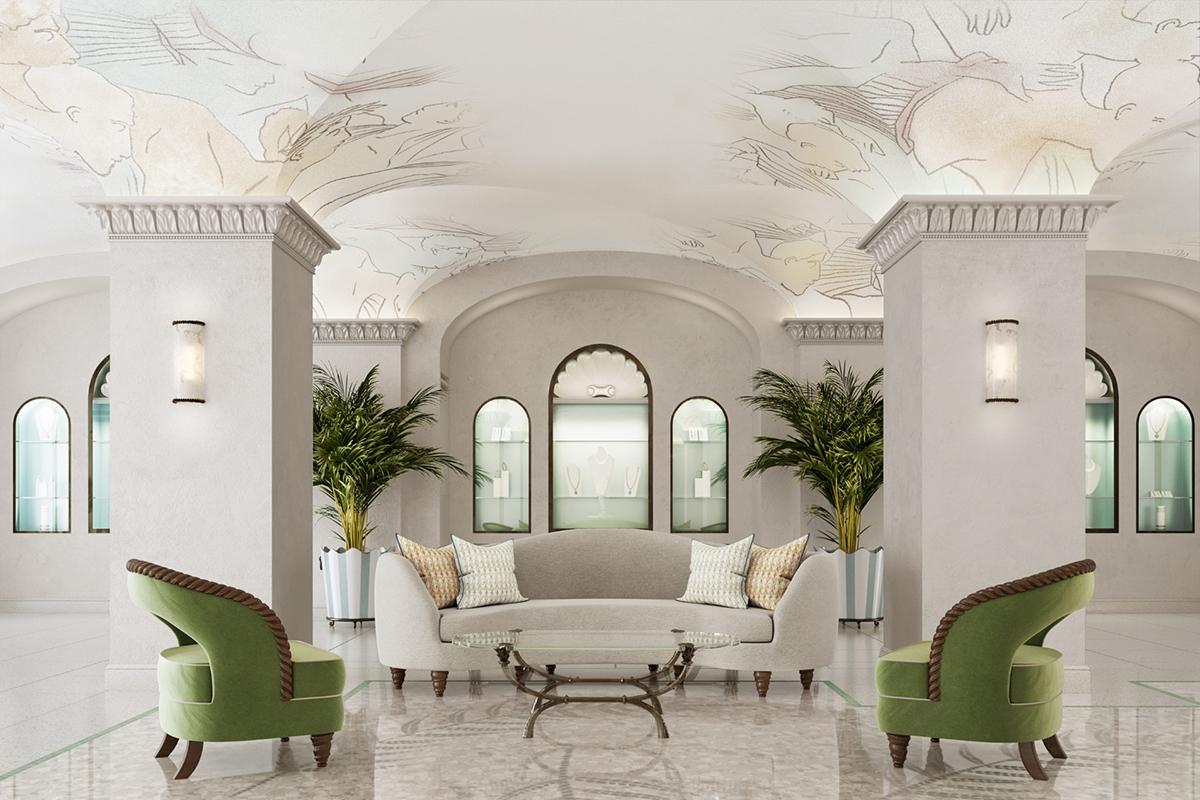
Hotel La Palma in Capri
LUX: Outside Europe, where would you say there is a tradition and appreciation for design, be it architecture, furniture, craft?
FS: Funnily enough I recently started several projects in the Middle East and I find that my clients there are incredibly knowledgeable on design matters – if you don’t care about good design then I am probably not the best designer for you as it’s really at the core of what I do! But luckily it seems that across architecture and furniture as well as crafts and artisanal skills, this is something that a growing coterie of clients across the region are really focusing on right now. It’s not about new new new, it’s about finding something more lasting.
LUX: Do the destinations for multiple home-owners such as Monte Carlo, St Moritz, Middle East and the US influence how design ideas mutate?
FS: Of course – groups of friends tend to know each other and go to the same hotels, restaurants etc and so there are styles that move from one country to the next for sure – however I feel with most of my clients with multiple homes, whilst they like some elements to remain consistent like quality of bathrooms and bedrooms, they really like to have a sense of place in each of the homes – there is no point creating the same look in New York as in St Moritz – the climate wouldn’t suit and the past times are completely different after all.
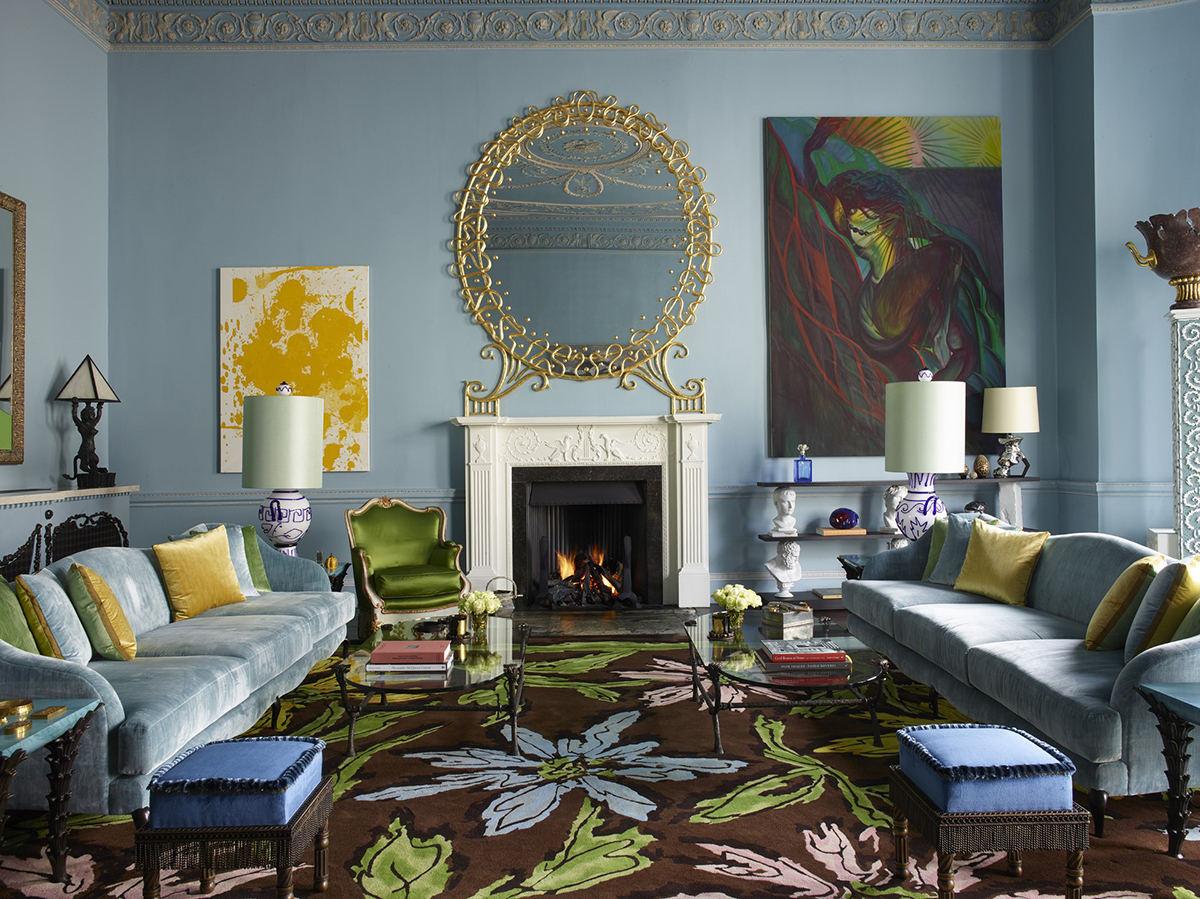
Francis Sultana’s drawing room in Albany
LUX: In 2018, you were appointed Ambassador of Culture for Malta; what is your cross-cultural vision for MICAS, Malta’s new museum space opening in 2024?
FS: When I was growing up I didn’t have anything in Malta to help educate me – I had to go to Paris and to London to learn. For MICAS we are really focused on creating an international space for art and design that will be for the Maltese people, not only in terms of the level of global exhibitions that can be hosted in a space that can truly accommodate large pieces of work, but also providing educational platforms for the young Maltese to learn and be inspired so they don’t have to leave their home country to achieve a career in the arts.
Read more: Winch Design’s Aino Grapin On Sustainable Yachting
LUX: How do you feel London will hold its own against the fast-evolving Paris art ecosystem?
FS: London is London and Paris is Paris. They are two very different places which both have their roles. London has always been about business. Paris has always been about desire. I think the cultural heart of London is still very much here and people love London and living here, so whilst Brexit caused shockwaves that still have consequences for us all, London will always have its place at the heart of many deals.
Find out more: francissultana.com

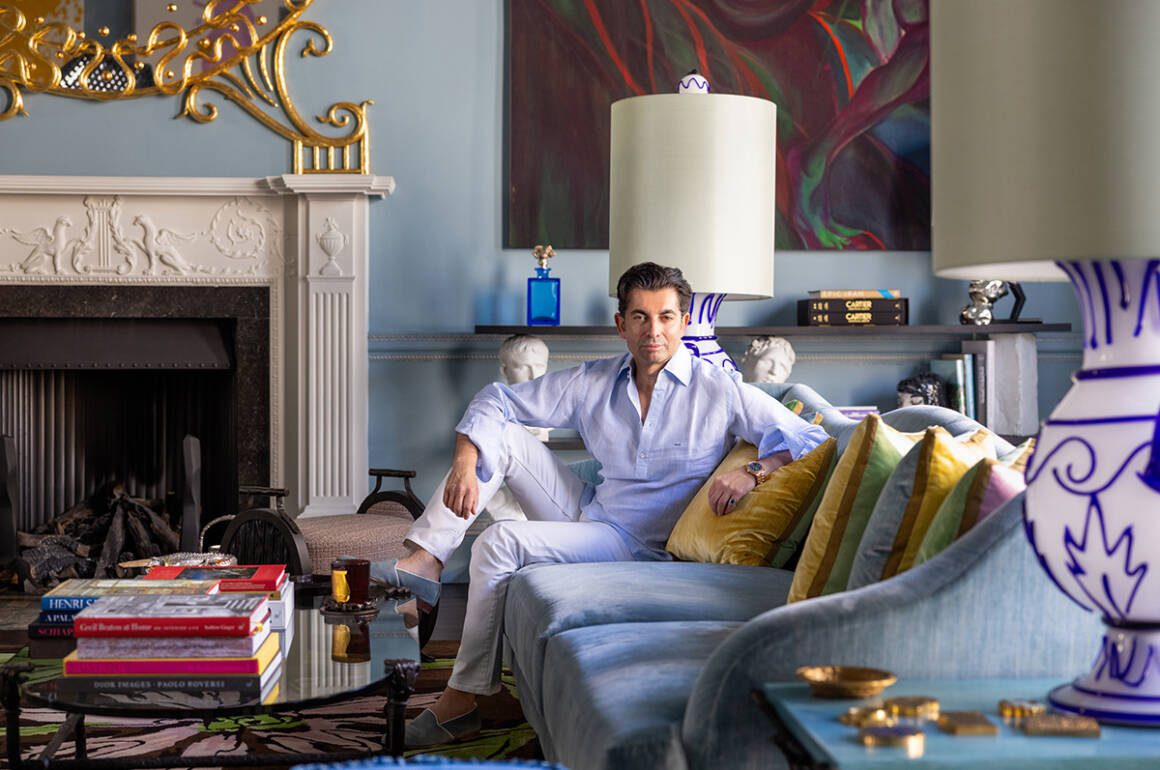
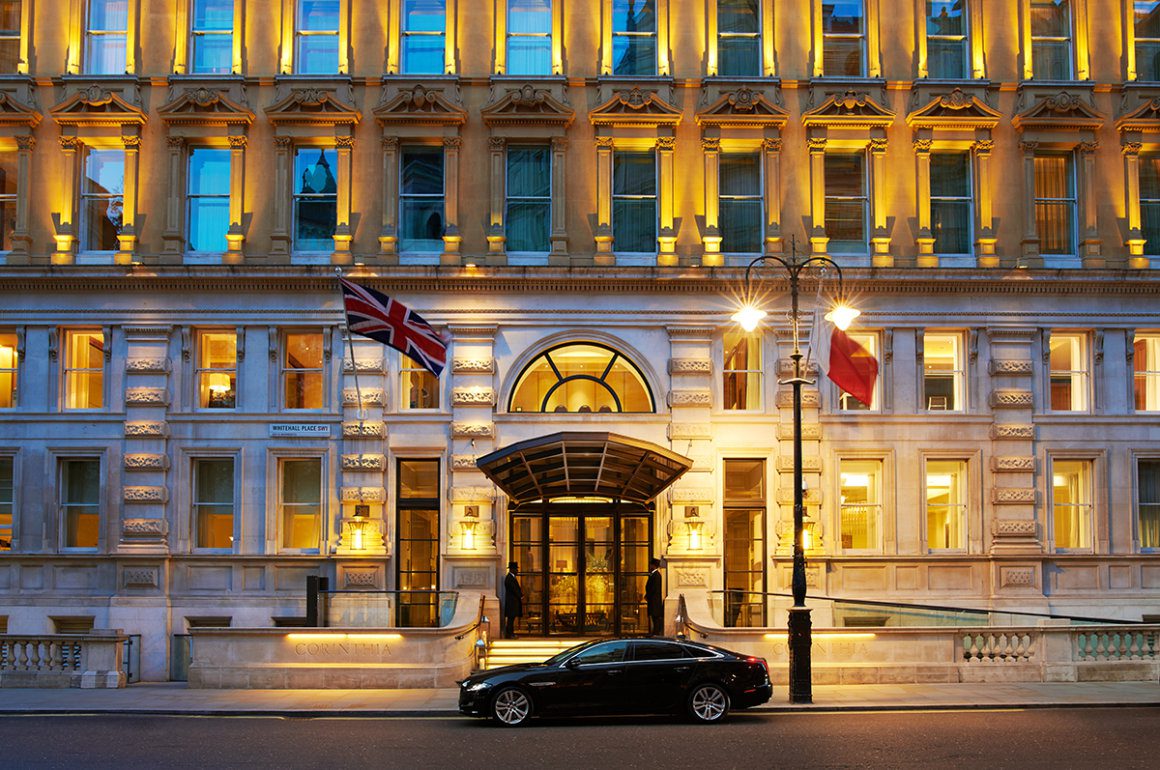
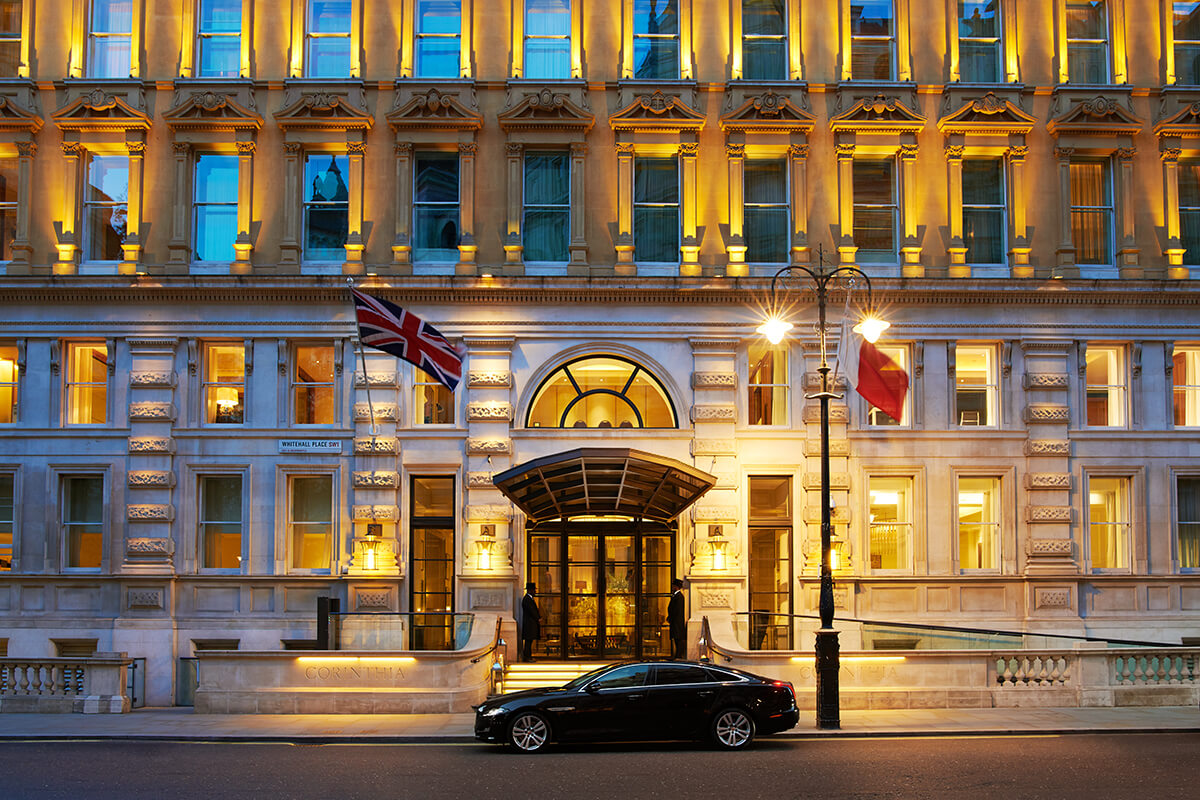
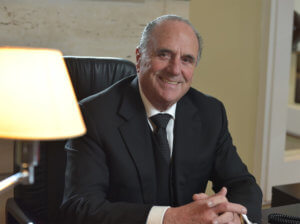
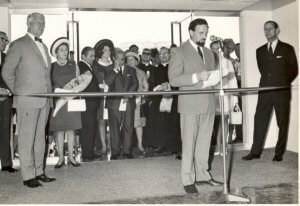
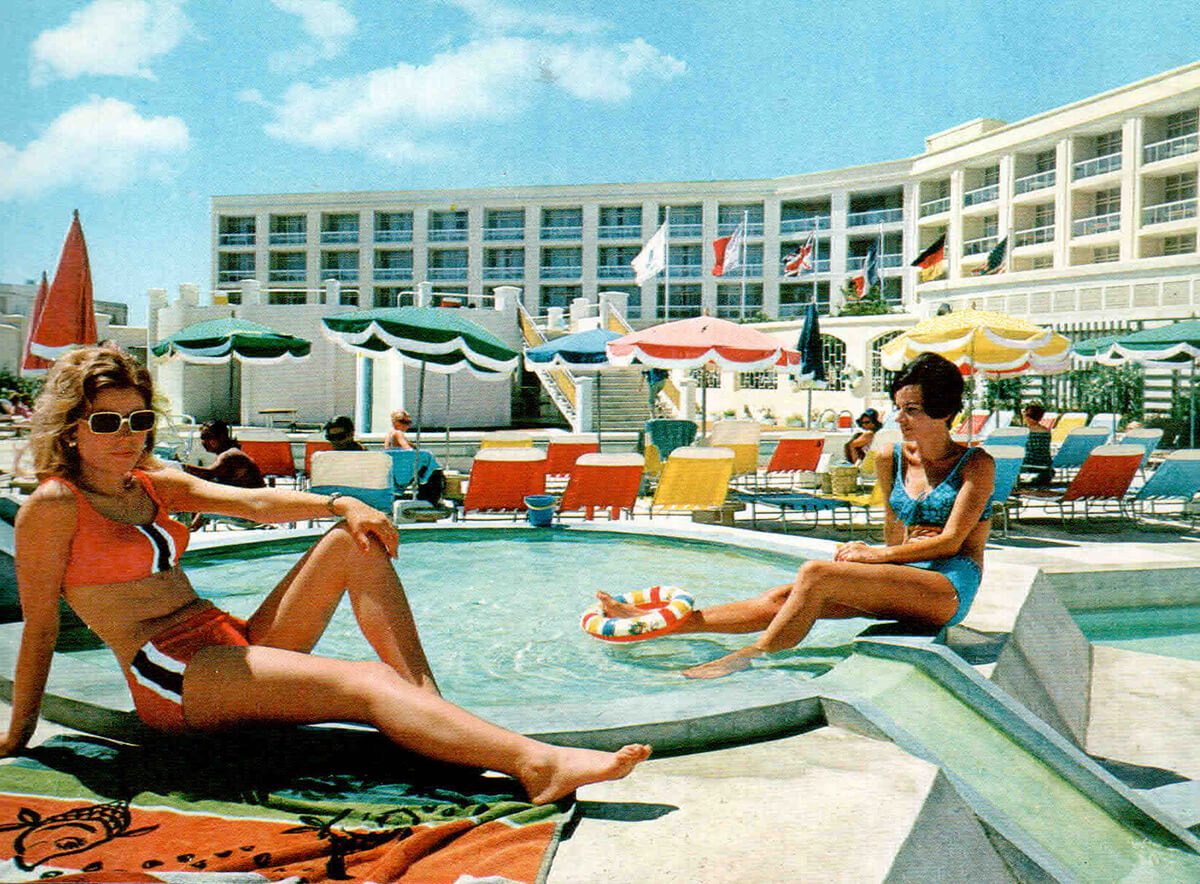
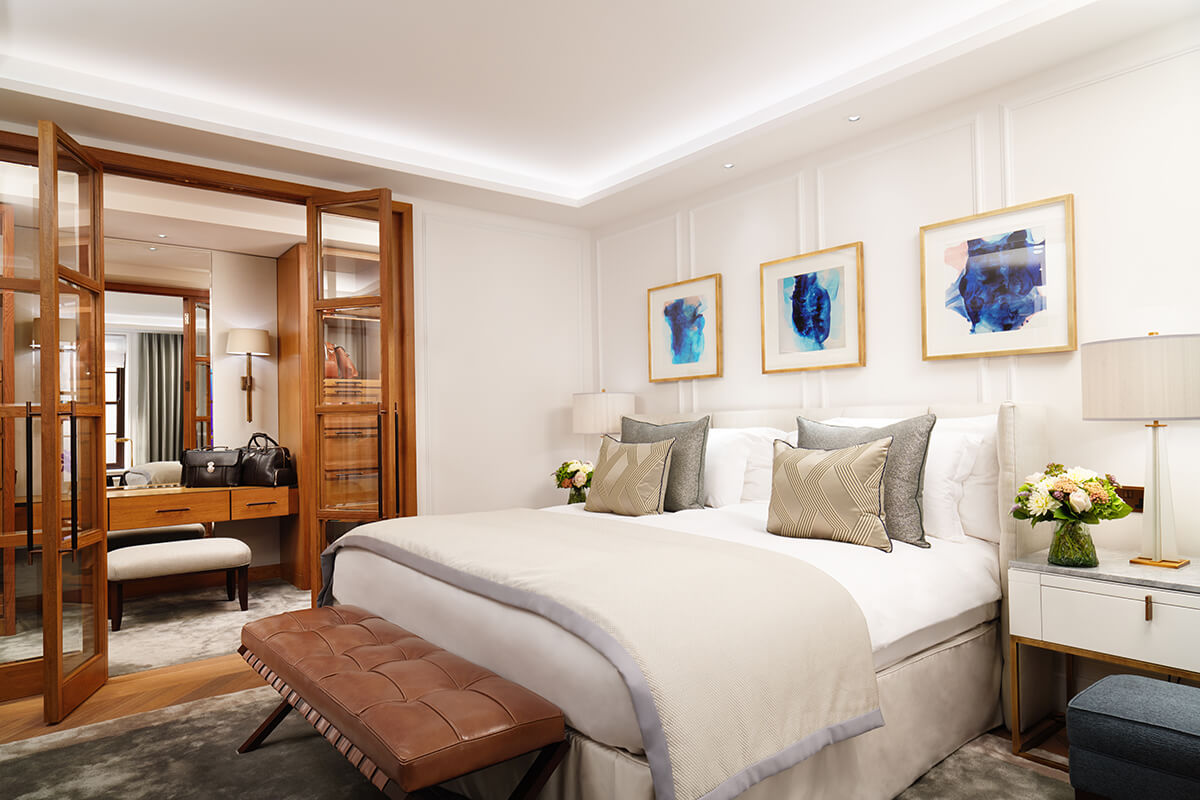
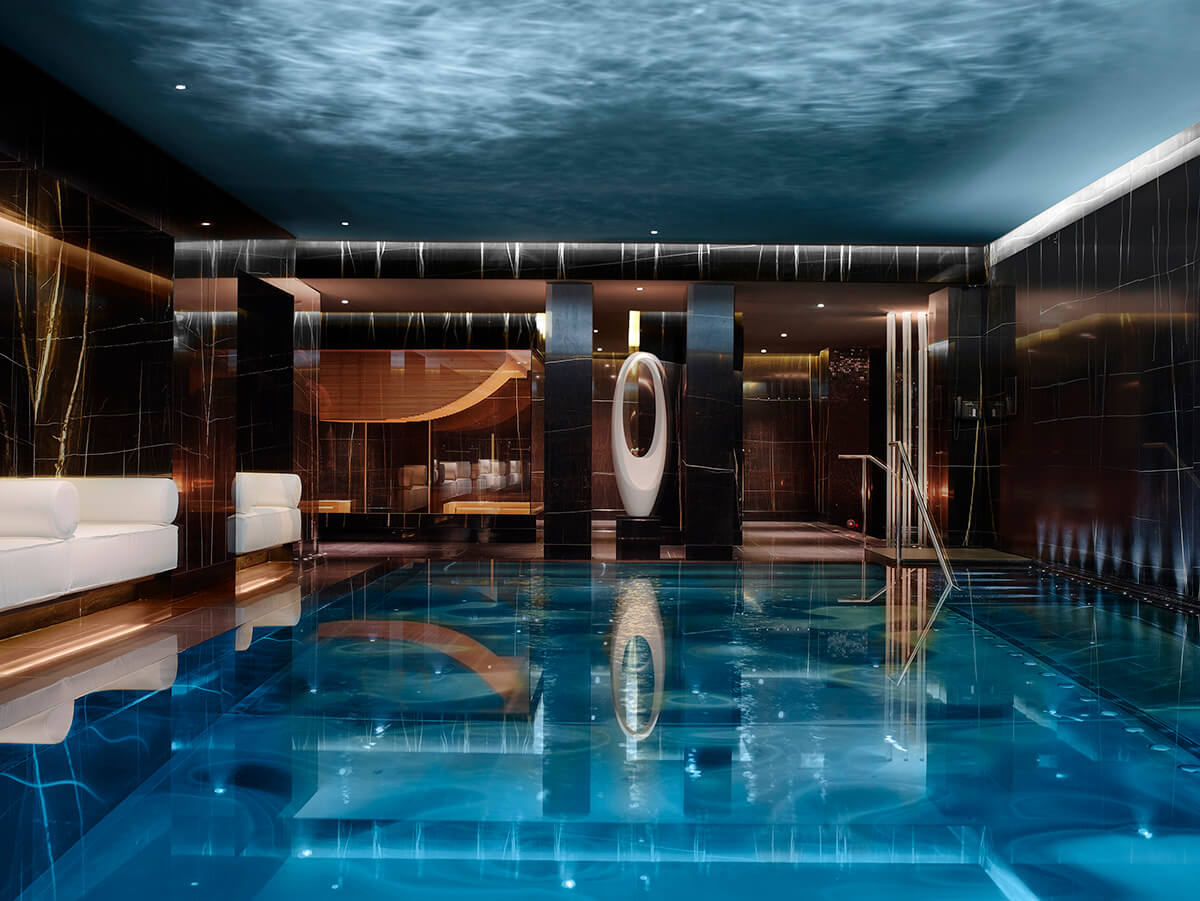
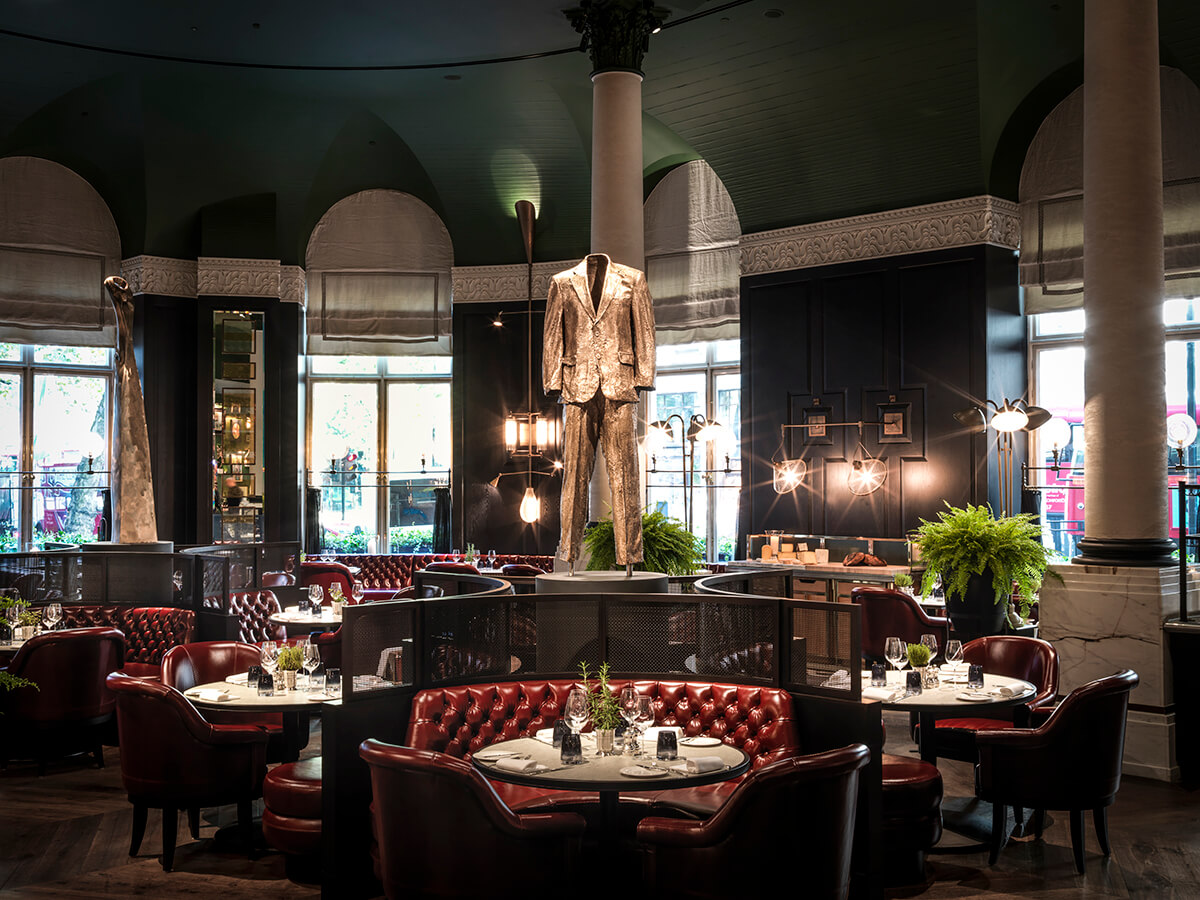





Recent Comments